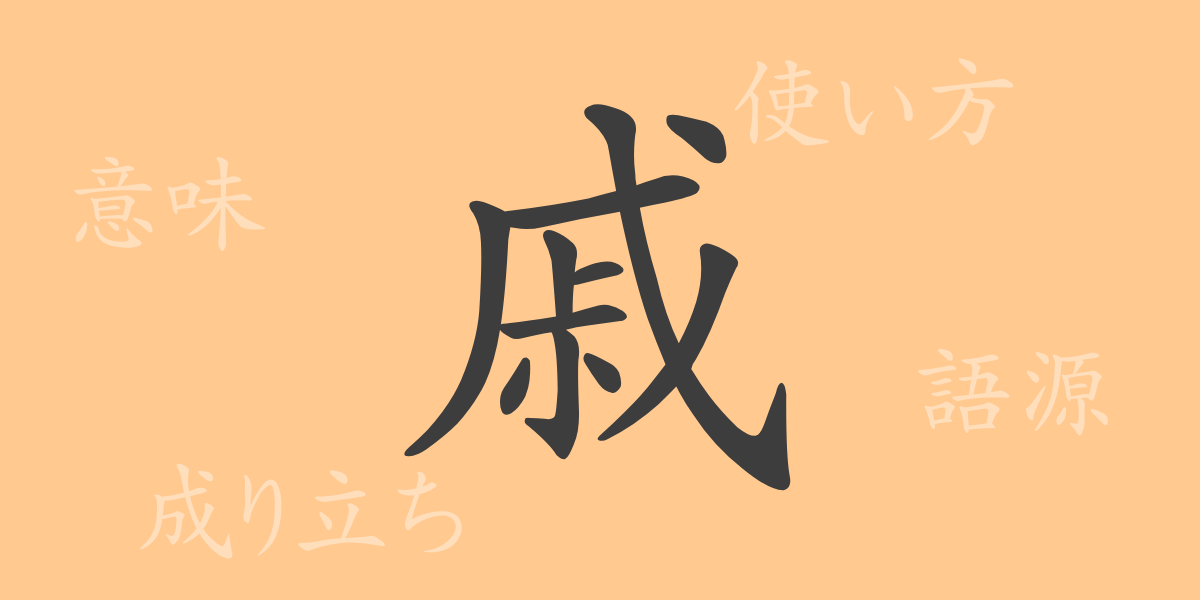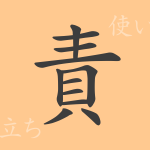Japanese kanji are rich with history and diverse meanings, and “戚” (セキ) is one such character deeply rooted in Japanese life and expressions, primarily used to denote family or relatives. This article explores the origins, meaning, usage, as well as idioms and phrases associated with “戚”, enhancing our understanding of its importance in Japanese culture.
Origins of 戚
The kanji “戚” originated from ancient Chinese script, initially depicting a type of weapon resembling an axe, which symbolized inheritance among family members. This connection led to its association with family and relatives. Another theory suggests that it was used to express mourning for those lost in battle, hence its use to convey closeness and sorrow among kin.
Meaning and Usage of 戚
“戚” has two primary meanings: it refers to ‘relatives’ or ‘family’, denoting people connected by blood or marriage, and it also expresses emotions of sorrow or distress, often used in the term “悲戚” (ひセキ), meaning sorrowful or grievous. The context in which “戚” is used significantly affects its interpretation, necessitating careful application to convey the intended meaning accurately.
Readings, Stroke Count, and Radical of 戚
Understanding the fundamentals of the kanji “戚” deepens our appreciation of its role in the Japanese language:
- Readings: On’yomi is ‘セキ’, and Kun’yomi includes ‘いたむ’, ‘うれえる’, ‘みうち’
- Stroke Count: “戚” consists of 11 strokes.
- Radical: The radical is ‘戈’ (ほこづくり), relating to spear or halberd, indicative of its origins.
Phrases and Proverbs Using 戚
The character “戚” is prevalent in various idioms and phrases, reflecting its nuanced implications:
- 悲戚 (ひせき): A facial expression or manner mingled with sorrow and agony.
- 親戚 (しんせき): Refers to close relatives connected by blood or marriage.
- 戚戚 (せきせき): Describes a state of great worry or restlessness.
These phrases and proverbs are frequently used in everyday conversation and literature, underscoring the emotional depth “戚” brings to Japanese expressions.
Conclusion on 戚
Each kanji carries a profound history and cultural significance. “戚” is no exception, evolving over time to hold various meanings in contemporary Japanese, from denoting family to expressing deep emotional states. This article sheds light on the multifaceted nature of “戚”, continuing its relevance in modern Japanese language as a symbol of both kinship and emotion. Understanding “戚” enriches our grasp of Japanese expressions, linking past interpretations with present usage.

























